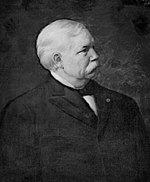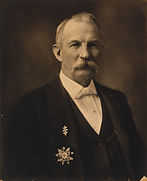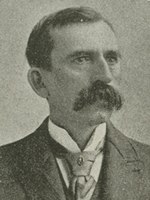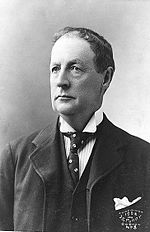United States House of Representatives elections, 1898
|
|
|||||||||||||||||||||||||||||||||||||||||||||||||||||||||||||||
|
|||||||||||||||||||||||||||||||||||||||||||||||||||||||||||||||
|
|||||||||||||||||||||||||||||||||||||||||||||||||||||||||||||||
|
|||||||||||||||||||||||||||||||||||||||||||||||||||||||||||||||
Elections to the United States House of Representatives were held in 1898 for members of the 56th Congress, and took place in the middle of President William McKinley's first term.
As in many midterm elections, the President's Republican Party lost seats, but was able to hold a majority over the Democratic Party. The Populist Party also lost many seats, as their movement began to decline. This was likely because many Populists rallied behind William Jennings Bryan's increasingly powerful branch of the Democratic Party, which built the rural economic issues advocated by Populists into their platform. As a result, the Democrats won a number of Western seats as well many in the Mid-Atlantic.
The previous election of 1896 saw the election of 24 Populists, 2 Silver Republicans, and a Silver Party member.
In 1898, three states, with 8 seats among them, held elections early:
Party abbreviations
...
Wikipedia




